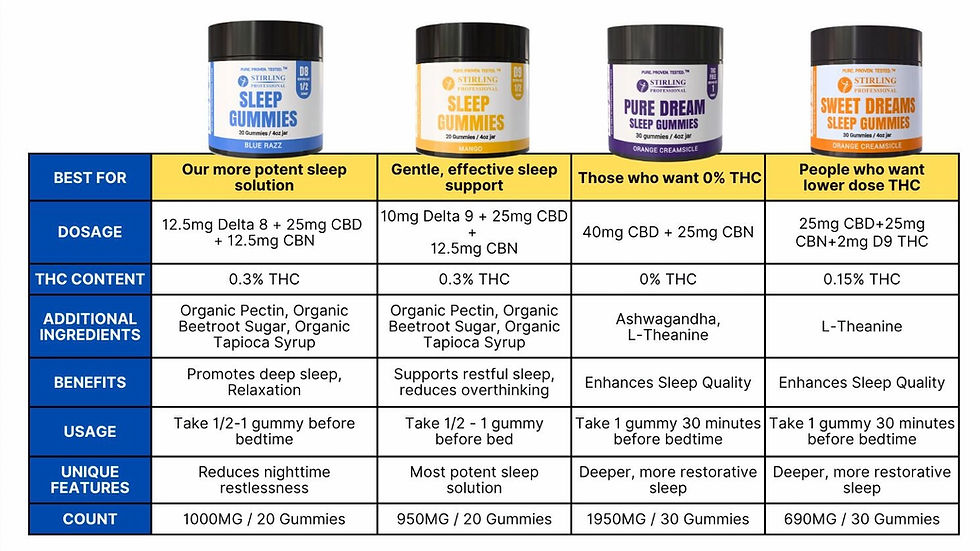Best Food For Your Gut
- drlindaberry
- Apr 3, 2021
- 3 min read
Last week focused on an interview and article by Dr Ng from Hong Kong University regarding the microbiome and Covid 19. If you missed it, you can read last weeks newsletter here.
This week I want to let you know foods to avoid and foods to eat, as well as why I chose Florassist Chewable Prebiotic as a supplement to grow a healthy microbiome. Yes, grow is the right word. Its like a garden in your gastrointestinal tract. Fertilize your garden with nourishing compounds and you get healthy plants. On the other hand, if your garden is exposed to toxic sludge plants wither and die.

Your gut microbiome has important jobs to do. If you have the right bacteria in your large intestines, they will produce B vitamins. Why is that important? In times of stress your cells gobble up B vitamins to operate at a vastly faster level than when you are calm and relaxed. Is this a stressful time in our world? YES!!! B vitamins also aid digestion, nervous system function, mental state, decreasing inflammation and much more.
Healthy bacteria fight the bad bugs that make you sick and they even protect against cancer causing compounds.
You probably know what foods make a toxic gut, so I won’t spend a lot of time talking about them. They are:
Sugar in all its forms.
Excess table salt.
Refined flour products.
Processed foods filled with man-made chemicals.
Foods that make your gut healthy are rich in fiber and nutrients. You probably know what those foods are as well. Top of that list are vegetables! There are two kinds of fiber: soluble and insoluble. The kind of fiber your gut bacteria thrive on is the insoluble variety. But unfortunately, Americans do not eat many of those. In that category are chicory and Jerusalem artichokes. Insoluble fiber can also be found in whole wheat and bran, but you may be sensitive to this gluten containing grain. Green beans, cauliflower, potatoes, and nuts are also insoluble fiber rich foods. Your gut needs adequate amounts of liquid primarily water so you can eliminate with ease avoiding constipation. A good formula for how much liquid your body needs is ½ oz for every pound you weigh. So, if you weigh 160 lbs. drink 80 oz of liquid daily. All kinds of liquid will do but water is best. Another tactic as mentioned in the Fun Fact at the bottom of last weeks newsletter is to eat fermented foods like yogurt, kefir, raw sauerkraut, kim chee, miso and kombucha. In addition, you can take probiotic supplements. Dr Ng said that bifidobacteria are the best microorganisms for the kind of microbiome that is most effective in her studies with the SARS viruses. That is why I recommended Florassist. That chewable prebiotic supports the growth of bifidobacterial.
You can purchase Florassist from my FullScript account at a 10% discount and free shipping on orders of $50 or more. Use this link to access your account or set one up. In one of my continuing education seminars, I was convinced by the presenter that its better to feed the good bacteria instead of trying to take probiotic supplements to try to make your gut healthy. This is for a few reasons. First not many probiotic supplements survive the acids secreted from your stomach during digestion. Second you must keep taking them because they do not colonize in your colon. They get eliminated with every bowel movement. Third there are hundreds of bacterial strains in your GI tract. Probiotic supplements contain one to maybe 23 strains of good bacteria. It makes more sense to feed the good bugs what they want to eat so they can proliferate and make you healthy instead of taking just a few and hoping they do the job for you. Another reason I chose Florassist is because its chewable and tastes good. You may not like taking another pill but having a yummy treat that makes your gut happy may be more enticing. PS If you want expert help healing your gut click here for a telehealth appointment.
Fun Fact: Goat dairy products are often easier to digest and better tolerated if you have sensitivity or allergy to cow dairy products. If there’s a Trader Joe’s nearby, you can purchase goat cheese, kefir, sour creme and yogurt products.




Comments